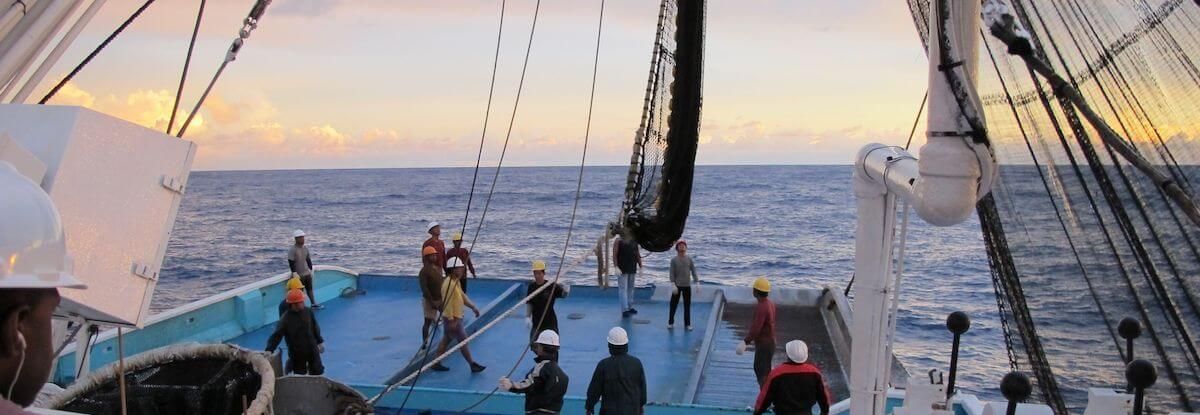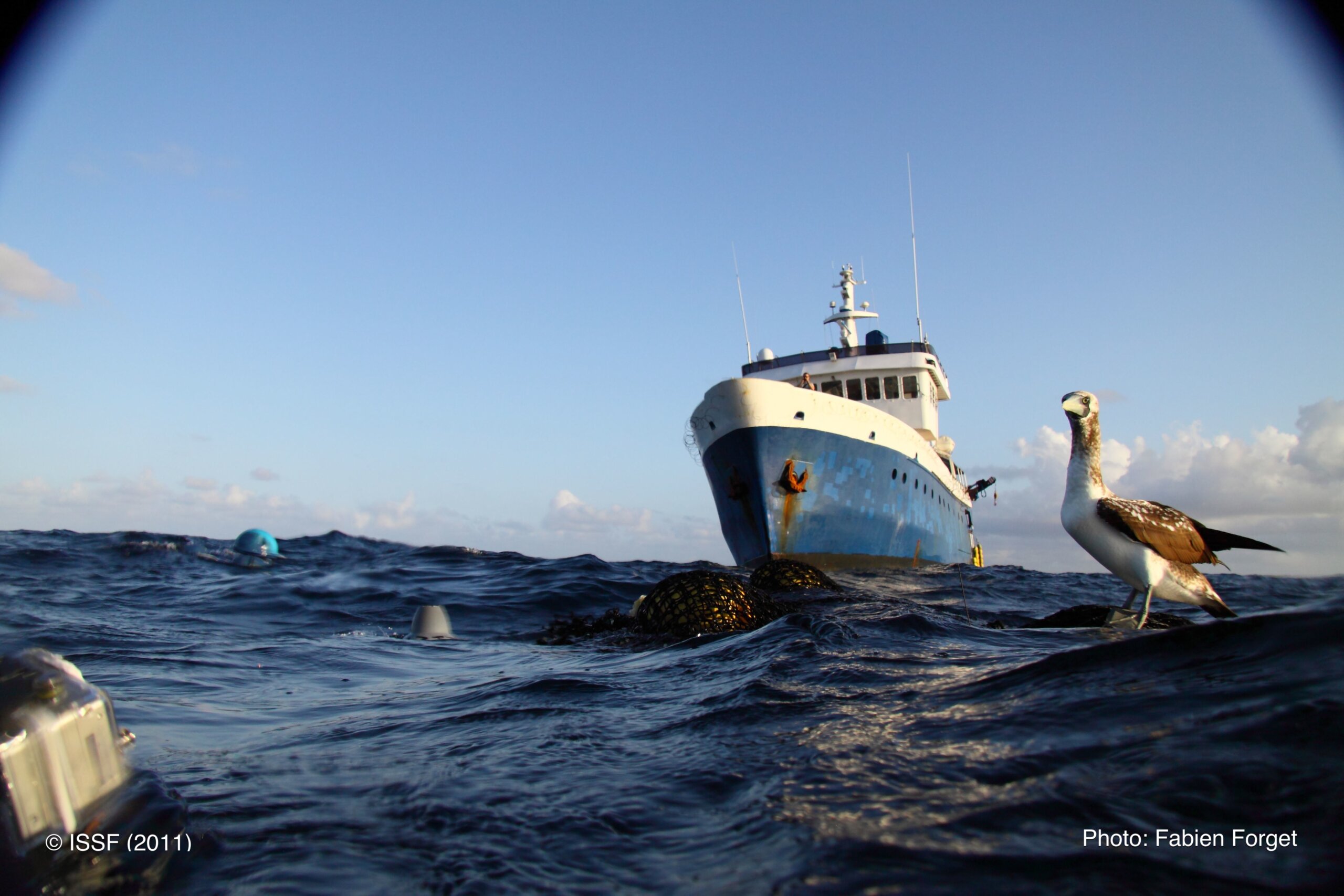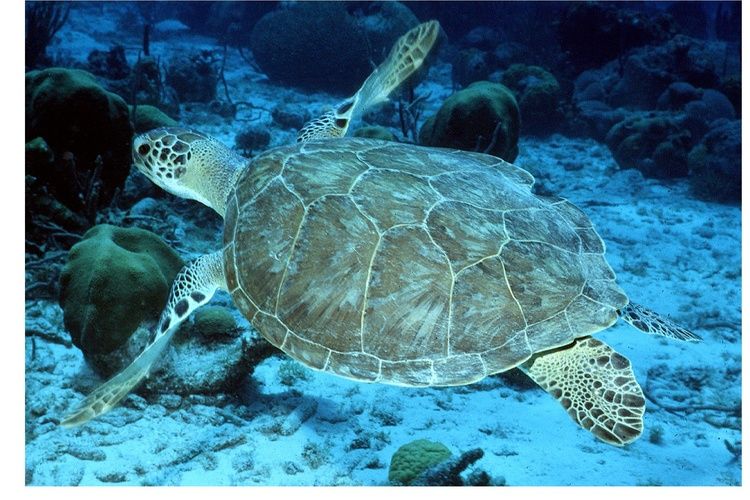
Social Responsibility & Sustainable Seafood
Note: This message from ISSF Environmental Stakeholder Committee member originally was published in the ISSF 2020 Annual Report in April 2021.
Seafood—like other valuable natural resources—is a global commodity. Fresh, frozen, or canned, it typically travels to our plates from faraway waters through an unbelievably complex network of fishers, traders, transporters, processors, producers, marketers, and retailers.
For food and livelihoods, we depend on fishing—one of the last hunter-gatherer activities—as much as (or more than) we ever have. By 2030, a mere nine years from now, the oceans will need to supply over one hundred million tons of seafood to meet the demands of nearly nine billion people.1 Even now, about 12 percent of the population2,3 is involved in fish production, with about 50 million people working in capture fisheries and aquaculture.4
In simply trying to earn a living, however, some seafood workers are being exploited and harmed. Labor and human rights abuses in seafood take many forms, all of them egregious and unacceptable. Abuses range from withheld pay to physical, mental, and sexual abuse. Some cases are a matter of life and death.
Mobilizing an ISSF Coalition for Change
It is impossible to know exactly how many seafood workers have suffered abuse, but given the size of the industry, we can assume the numbers are significant. As a point of reference, an estimated 40 million people worldwide endure coercive or forced labor—particularly migrants and others doing untaxed, undocumented, or black-market work.5,6
To help prevent labor, health, and safety abuses in fishing, ISSF, FishWise, and other NGOs are collaborating with seafood companies, retailers, RFMOs, governments, and international agencies, with a focus on improving seafood traceability and fostering greater transparency in the supply chain. Every seafood-focused organization, whether a company, NGO, or standard-holder, has a role to play.
Last fall, ISSF took a decisive step, establishing a new conservation (CM) in October 2020 that asks each ISSF participating companyto develop public policies on social and labor standards for itself and the vessels and production facilities in its supply chain. ISSF CM 9.1, developed with input from ISSF’s Environmental Stakeholder Committee (ESC), became effective Jan. 1, 2021.
The measure calls for commitments to address:
- Forced labor
- Child labor
- Freedom of association
- Wages, benefits, and employment contracts
- Working hours
- Health and safety
- Discrimination, harassment, and abuse
- Grievance mechanisms
CM 9.1 offers ISSF’s 26 participating companies—which represent the majority of the world’s canned-tuna processing capacity—opportunities to increase transparency on labor and social issues, and to influence the treatment of workers among the hundreds of vessels, processing facilities, and other suppliers with which they do business.
Raising the Bar on Social Responsibility
Why are social commitments, and the ongoing accountability to uphold them, so critical?
One answer it that illegal labor and human rights abuses in the seafood industry (or in any global economic sector, for that matter) tend to be concealed. Although that makes them even more challenging to address, it does not diminish our obligation to act, nor does it compromise our ability to make an impact.
Working closely with our partners worldwide, FishWise will continue to empower the industry in taking meaningful, measurable steps toward labor and social initiatives that foster safe, fair working conditions. Next year, when ISSF participating companies are audited on their performanceon CM 9.1 for the first time, we will be eager to assess—and recognize—their progress.
About FishWise
FishWise, a sustainable seafood consultancy and member of the ISSF ESC, also dedicates resources to promote traceability and social responsibility in supply chains. FishWise works with individual companies to make improvements within their supply chains and develops publicly available resources and guidance to help companies make progress on their goals. Most recently, FishWise developed the Roadmap for Improving Seafood Ethics (RISE). Relaunching in April 2021, RISE is a platform that seafood companies can use to create, develop, and grow their social responsibility programs.
1 Fishing for a Future, 2013
2 FAO 2014
3 FAO 2016
4 SOFIA 2018
5 ILO 2013
6 Walk Free Foundation 2016


